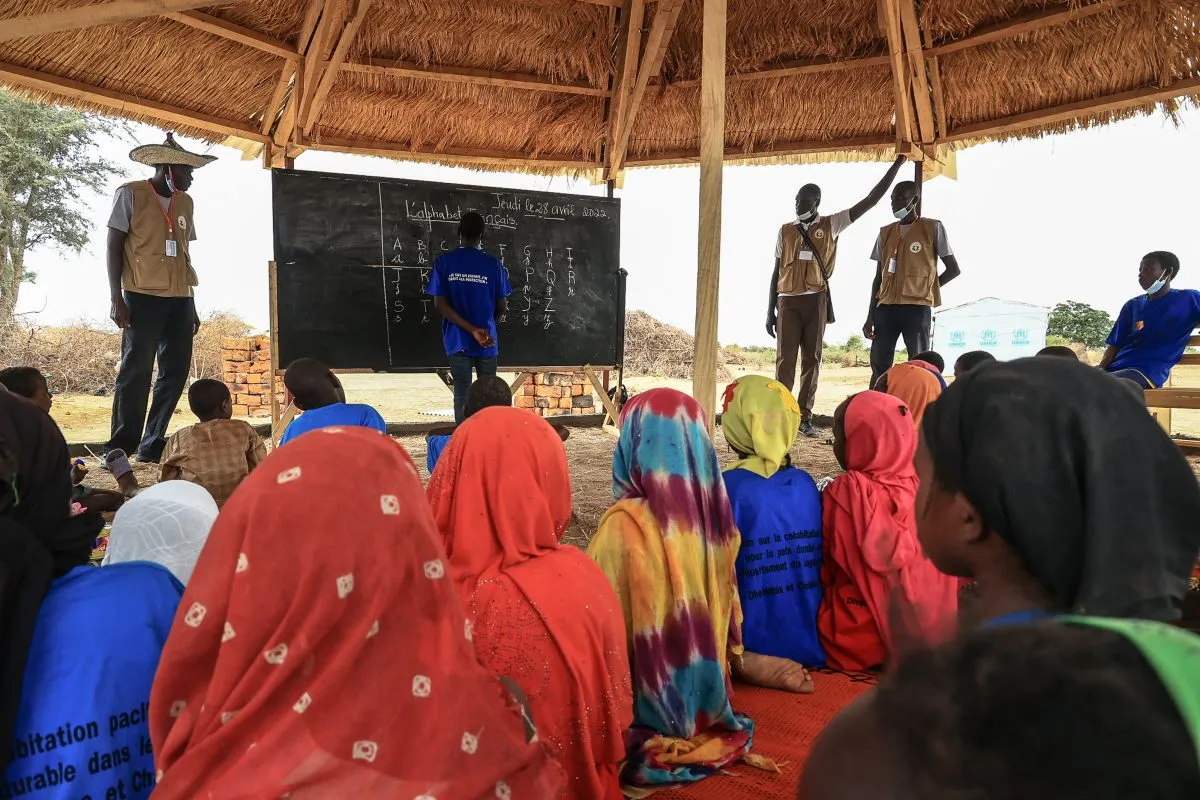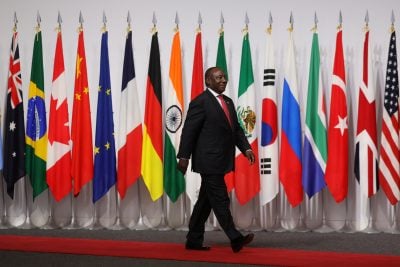As global leaders gathered in New York for the Summit of the Future in September and for the annual meetings of the World Bank in October, there was widespread acknowledgement that discussions around humanity’s future must place Africa at the heart of the conversation. This is why: with its rapidly growing population and young workforce, Africa holds the key to shaping the world’s trajectory over the next few decades. The numbers are undeniable. Within the next 25 years, one in three young people globally will be African.
This demographic shift will redefine the future of labour, innovation, and economic potential. Yet, despite this enormous promise, Africa faces profound challenges that, if not addressed, will ripple across continents.
Without targeted investment, the continent’s demographic dividend could become a demographic burden. The consequences of inaction are already visible, with rising migration driven by economic desperation.
African youths, lacking opportunities at home, are increasingly seeking greener pastures abroad, contributing to a global surge in both legal and illegal migration. But this is not just an African problem; it is a global one. If Africa’s youth are empowered to thrive at home, the world will benefit from a vibrant, innovative, and resourceful workforce. However, if this opportunity is squandered, the pressures of unemployment, poverty, and migration will exacerbate global inequalities and fuel social unrest.
Displaced people hold untapped potential
I particularly want to emphasise why we need to include the displaced people in this conversation. We live in a world where migration as well as forced displacement are often seen – through the lenses of racism and xenophobia – as a burden; but Africa has an opportunity to flip this narrative. Displaced people, particularly refugees, often portrayed as victims, hold untapped potential that can contribute significantly to the continent’s growth.
Our recent report at the Amahoro Coalition emphasises the need for a paradigm shift in how we approach refugee integration, focusing on education and employment as the keys to self-reliance and long-term stability.
For too long, forcibly-displaced people in Africa have been confined to camps, isolated from the economic and educational opportunities that could transform their lives. This approach not only deprives them of the chance to become self-reliant but also squanders the potential benefits they could bring to their host communities.
The time has come to rethink this outdated model and embrace a more inclusive strategy that leverages the power of education and private sector collaboration.
At Amahoro Coalition, we cannot stress enough the urgent need for the African private sector, in conjunction with governments and regional bodies, to work to expand educational and employment opportunities to refugees. As the largest African convener of the private sector for social impact, and based on our field work in displaced communities across 11 African countries, we know for a fact that this works!
Uganda’s example
Take the example of Uganda progressive refugee policy; it grants refugees access to land and the right to work. This has generated hundreds of thousands of jobs, lifted many families out of poverty and helped their children access higher levels of education. Most importantly, this has enabled refugees to contribute to their host country’s economy for many years now. It goes without saying that this is already done at scale, as Uganda hosts over 1.5m refugees – it is the country in Africa hosting the most refugees.
However, these efforts must be scaled up and replicated across the continent. The private sector, in particular, has a critical role to play. By partnering with educational institutions and investing in vocational training programs, businesses can help equip refugees with the skills they need to thrive. Moreover, by offering internships, apprenticeships, and employment opportunities, the private sector can provide refugees with a pathway to economic independence.
Ensure refugees have the mobility and legal rights they need
Yet, significant barriers remain. Many refugees face restrictions on their movement and employment, limiting their ability to access opportunities. These challenges must be addressed through policy reforms that remove barriers to refugee mobility and ensure that they have the legal rights and documentation needed to work and study.
Through our report we provide a roadmap for action in three key main points.
First of all, we are calling for the establishment of information hubs on educational opportunities for refugees.
Second, we are calling for the streamlining of skill development for African refugees including technical and vocational education and training (TVET) across regions.
And lastly, we are calling for the expansion of private sector involvement in refugee education and employment.
These recommendations are not just aspirational – they are essential steps toward creating a future in which refugees in Africa are no longer seen as a burden, but as valued members of society with the potential to contribute to the continent’s growth and development.
Want to continue reading? Subscribe today.
You've read all your free articles for this month! Subscribe now to enjoy full access to our content.
Digital Monthly
£8.00 / month
Receive full unlimited access to our articles, opinions, podcasts and more.
Digital Yearly
£70.00 / year
Our best value offer - save £26 and gain access to all of our digital content for an entire year!

 Sign in with Google
Sign in with Google 



